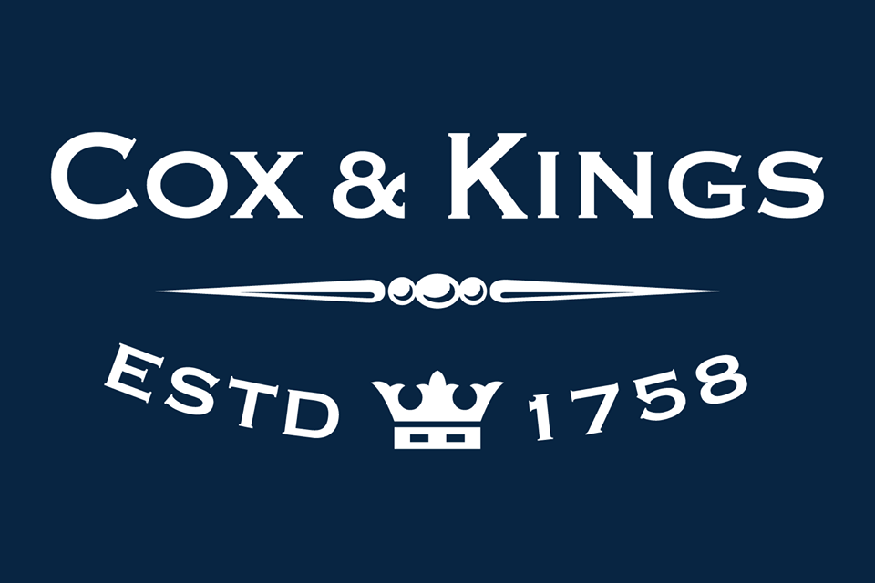Some of the world’s largest online travel agencies, including Expedia and Booking Holdings, have significantly reduced the percentage of revenue spent on marketing, as they take a more optimized approached to paid activity, according to travel intelligence platform Skift.
It has traditionally been the norm for major travel companies to spend billions on search engine marketing, but that trend seems to be changing.
In a highly competitive marketplace, annual spending on paid search has often outpaced growth with Expedia and Booking Holdings spending an estimated $1.26 billion each year. However, according to the research, the industry’s two biggest players are adopting a savvier approach and placing more importance on optimization.
According to Skift, the top five online travel agencies all saw a drop in marketing spend as a percentage of revenue in Q2 2018, although a staggering $2.5 billion was still spent in total over three months. TripAdvisor saw the greatest reduction in spend with a 5.2% difference against Q2 2017.
In good news for the industry, less is being spent because marketing teams are becoming savvier at making their investments work for them, using data to inform spending.
Expedia CEO Mark Okerstrom told analysts when asked about the company’s push for marketing efficiencies: “I think the one thing, of course, that has created opportunities for us is just our increased capabilities. Our brand teams are making good progress in better optimizing direct marketing spend, and that was evidenced in the balance between healthy room night growth and profitability in the second quarter. We plan to keep leveraging our data-driven approach to marketing optimization while at the same time continue to aggressively drive our global expansion agenda.”
Optimize your strategy by using call tracking
This move in the travel industry reflects what we’ve been lobbying for since 2008, when ResponseTap launched. It’s crucial to see exactly which parts of your marketing strategy are generating sales, both online and offline.
Many customers still book holidays over the phone and this is where many travel companies are falling down when analysing digital marketing strategies. If a travel company isn’t tracking calls, you can only optimize marketing spend based on data from online activity, so you’re not using accurate insight.
For travel customers, there’s a long period of consideration and research, as we wrote about in this recent blog post. We have a lot more choice when it comes to destination, who to fly with, where to stay and most importantly how much we pay.
Therefore, there are many touchpoints on the user journey. Often it starts with a Google search or price comparison website but the options after this are now endless.
Internal research from one of our biggest travel clients suggests that its average caller will visit its website 4.34 times and click on 7.28 pages before making the decision to pick up the phone and book.
The above only highlights the importance of marketers knowing all aspects of the user journey and how their online activity led to a phone call being made and ultimately a sale taking place. Was it a PPC ad that caught their attention? Or was it a certain page they visited on your website? This is all valuable data that can have a significant impact on your marketing spend.
In a world where search engine ads, remarketing and social media put various brands in front of customers every second of the day, you need to be able to compete. And the travel industry is one of the most competitive out there.
With call tracking you can see the full picture, show your worth and demonstrate the true value of your marketing strategy.
How call tracking benefitted luxury travel agent, Cox & Kings

Cox & Kings uses ResponseTap to optimize their marketing spend.
Cox & Kings is the world’s longest established travel company and takes a staggering 95 per cent of bookings via its call centre.
Historically, Cox & Kings’ call handlers relied on customers quoting a campaign code to help them analyse the success of their print advertising. This resulted in inaccurate information and customers didn’t always have a code to provide. Meanwhile, for its website and online advertising, there was no way of knowing what was making customers pick up the phone.
To address the problem, Cox & Kings implemented ResponseTap, and a unique telephone number began to display for each visitor to the travel agent’s website.
Now, it tracks each customer journey before they pick up the phone to book. This could be that they clicked on a PPC advert, interacted with a social media post, saw an advert in the newspaper or found Cox & Kings via a Google search.
The technology can also track a multitude of variables including the keyword the customer used on a search engine, the pages they looked at before, during and after the call, the date and time of the call and whether the call led to a sale.
The team at Cox & Kings are now able to make informed decisions about what is working best for them and, almost immediately, were able to reduce print advertising spend by 25 per cent, without seeing a decrease in bookings as a result.
The company also quickly reduced their monthly PPC advertising spend by 30 per cent, as Call Intelligence enabled Cox & Kings to identify which keywords were generating the most valuable calls.